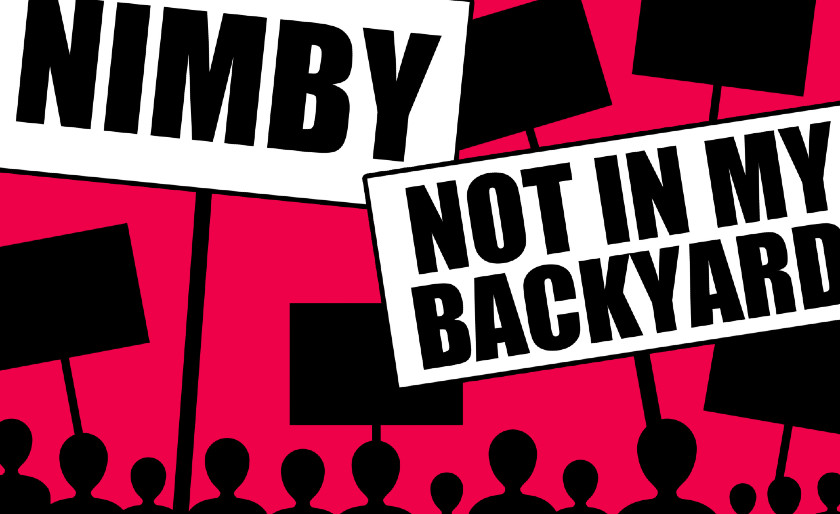A new research paper from the UBC Sauder School of Business has found that city councillors are more likely to vote against large new housing developments when they represent an area with a heavy percentage of homeowners.
The study, titled “Homeowner Politics and Housing Supply,” comes as Canada faces an affordable housing crisis due to supply constraints and growing populations.
The researchers used machine learning to examine 631 housing-related bills from the City of Toronto from 2009 to 2020. They connected that data with local demographics to establish the link between city councillors’ voting behaviours and the share of homeowners in the areas they represent. The homeowner rate rose for every 10 percentage points. The probability that a councillor would oppose a large housing development went up by 16 per cent.
Another finding emerged: municipal politicians are even more likely to oppose housing construction applications if they live in the neighbourhoods where big projects are being proposed. A councillor is three times as likely to oppose a 100-unit development if it is located in their own ward, compared to the same project being proposed elsewhere.
UBC Sauder assistant professor and study co-author Dr. Limin Fang says local representatives tend to cater to the wants of homeowners because they are more likely to be long-time residents and voters. Renters, on the other hand, often support new housing because additional supply can mean more options and lower rents, as well as increased amenities.
“Homeowners can pressure councillors a lot more than renters because the majority of renters are temporary — and renters may eventually become owners, but maybe not in the same neighbourhood,” Dr. Fang, who previously worked as a planner in the City of Toronto, said in a media release on Monday. “Owners, however, tend to want lower-income earners kept out.
“In single-family neighbourhoods in places like Toronto, owners say, ‘We don’t want rowhouses, because those people are lower income. They’re poorer than us,’” said Dr. Fang, who co-authored the study with University of Hawaii assistant professor Dr. Justin Tyndall, and Nathan Stewart, a researcher from the University of Toronto. “If you build a mansion in our neighbourhood, and the house is bigger than all the rest, we welcome you, because we want richer people in the neighbourhood — and if my neighbour has a big, luxurious house, that increases my property value, too.”
Older people of European descent are far more likely to oppose denser housing, as are suburban homeowners compared to those living closer to downtown.
The research also found that concerns around densification often stem from the fear of reduced property values and added pressure on parking and amenities.
Dr. Fang says that if municipalities are serious about adding to their housing stock, they will likely need a less citizen-driven, more top-down approach. It’s not that homeowners and councillors are unethical, she explains; it’s the planning process itself that’s flawed.
“Cities use a lot of public consultation, mediation and facilitation to make sure neighbours are happy,” she explained. “But only the people who are opposed to the development show up, and the whole development application process just goes on and on. And much of the time nothing gets built.
“Homeowners have a vested financial interest in restricting housing supply because the less housing there is, the higher their property values. If you want to get anything built, public consultation is very important — but you can’t let the owners run the show.”





